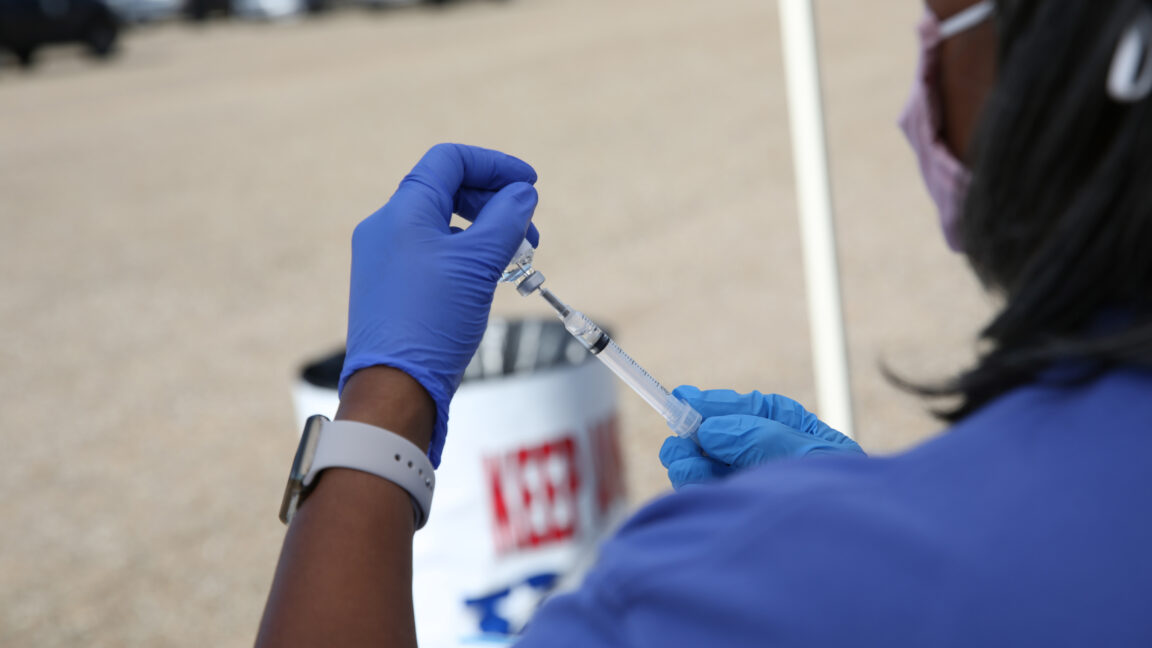Frustrated telehealth providers say their businesses face ‘doom and gloom’


![]()
![]()
![]()
By Katie Palmer, Mohana Ravindranath, and Mario Aguilar
Oct. 10, 2024
Telehealth providers treating opioid use disorder, ADHD, and women’s health issues say the sector is in a state of frustration and chaos as the pandemic-era flexibilities that allowed their businesses to thrive are set to end with no new rules in sight.
With just months to go before the ability to prescribe controlled substances online dramatically changes overnight, the vacuum of information is forcing them to devote significant energy preparing for the unknown. Companies have hired former regulatory officials to understand how hypothetical policies might impact them, and made backup plans based on speculative, third-hand sketches of proposed rules that might replace virtual prescribing flexibilities that began during the pandemic.
advertisement
A feeling of “doom and gloom” hangs over telehealth entrepreneurs whose care involves controlled substances, according to Nicholas Mercadante, the CEO of PursueCare, which delivers virtual opioid use disorder treatment in 11 states. Planning amid uncertainty consumes time and resources that could be devoted to growing businesses or improving patient care, they claim, while putting more financial strain on startups that are already feeling a post-pandemic pinch.
STAT+ Exclusive Story
Already have an account? Log in


This article is exclusive to STAT+ subscribers
Unlock this article — plus daily market-moving biopharma analysis — by subscribing to STAT+.
Already have an account? Log in
Monthly
$39
Totals $468 per year
$39/month Get StartedTotals $468 per year
Starter
$20
for 3 months, then $399/year
$20 for 3 months Get StartedThen $399/year
Annual
$399
Save 15%
$399/year Get StartedSave 15%
11+ Users
Custom
Savings start at 25%!
Request A Quote Request A QuoteSavings start at 25%!
2-10 Users
$300
Annually per user
$300/year Get Started$300 Annually per user
View All Plans
To read the rest of this story subscribe to STAT+.
Subscribe Log In opioids, Policy, STAT+, Telehealth Submit a correction requestReprints-

Katie Palmer
Health Tech Correspondent
Katie Palmer covers telehealth, clinical artificial intelligence, and the health data economy — with an emphasis on the impacts of digital health care for patients, providers, and businesses.
-

Mohana Ravindranath
Bay Area Correspondent
Mohana Ravindranath was a Bay Area correspondent covering health tech at STAT.
-

Mario Aguilar
Health Tech Correspondent
Mario Aguilar covers technology in health care, including artificial intelligence, virtual reality, wearable devices, telehealth, and digital therapeutics. His stories explore how tech is changing the practice of health care and the business and policy challenges to realizing tech’s promise. He’s also the co-author of the free, twice weekly STAT Health Tech newsletter.


Newsletter
Washington never stops. Cut through the noise with our essential updates on health care politics and policy









